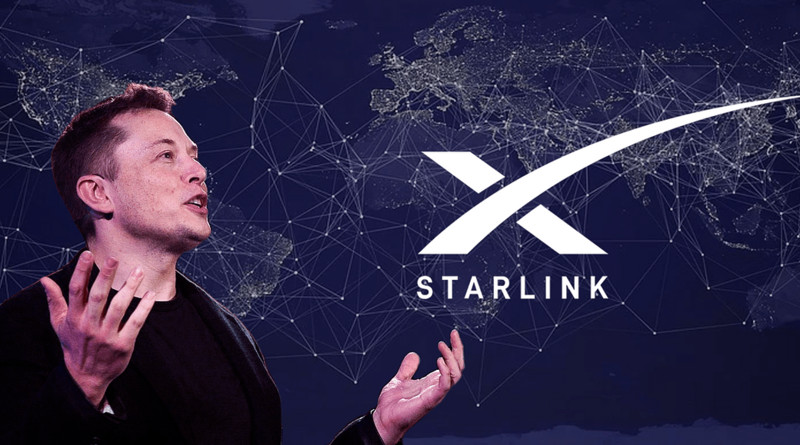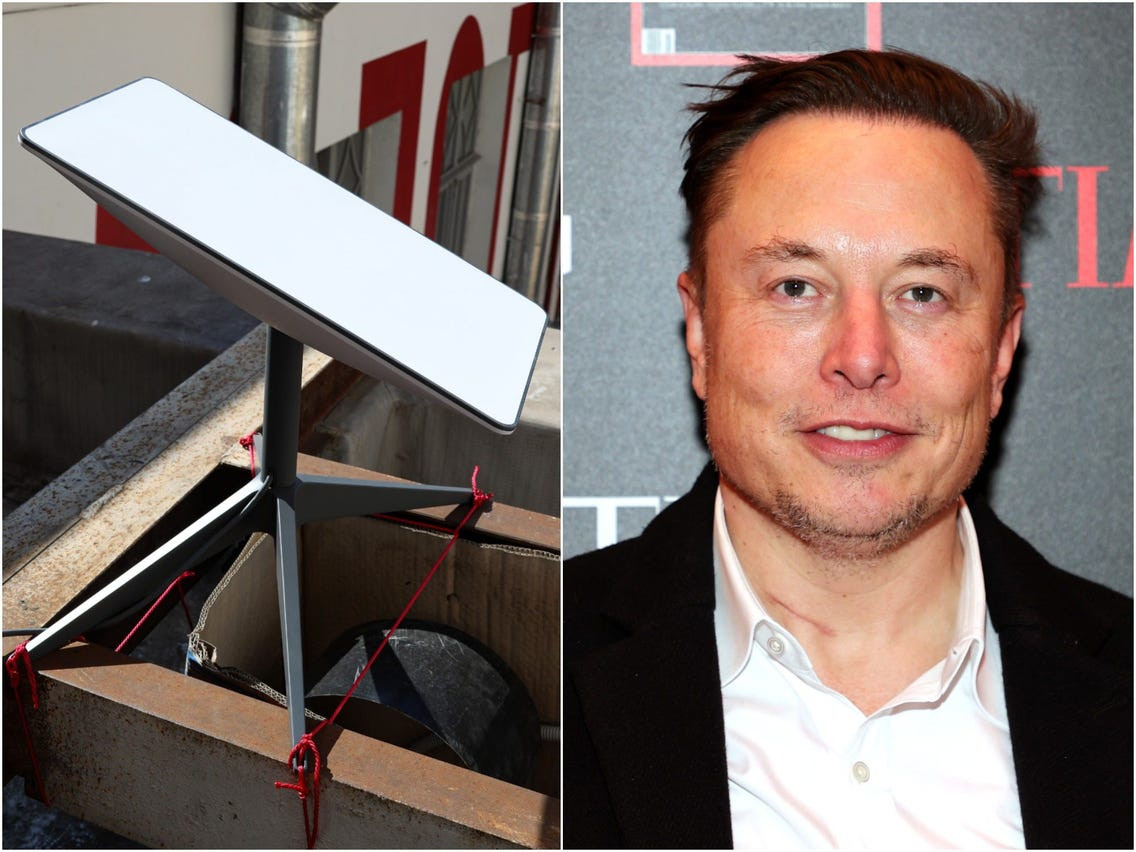Ontario Cancels $100 Million Starlink Deal Amidst US Tariff Dispute
The Ontario government has unexpectedly canceled a nearly $100 million contract with Elon Musk's Starlink satellite internet service, citing concerns over US tariffs and Musk's political alignment with President Trump. This decision has sent shockwaves through the tech world and sparked a flurry of reactions, most notably a terse 'Oh well' from Musk himself via X (formerly Twitter).
The Fallout of US Tariffs
The move by Ontario Premier Doug Ford comes in response to the recent imposition of 25% tariffs by the US on virtually all Canadian goods and a lower 10% tariff on Canadian energy. The tariffs, which came into effect in the wake of escalating trade tensions, prompted Ford to adopt strong retaliatory measures.
Ontario's Retaliatory Measures
Ford’s government announced that it would not only cancel the Starlink contract but also ban all American companies from bidding on provincial contracts until the US tariffs are lifted. This is a significant escalation of the trade conflict, given that Ontario and its agencies allocate $30 billion annually in procurement contracts. Ford characterized the move as necessary to shield the province's economy from the detrimental effects of the US tariffs, arguing that inaction would lead to a loss of tens of billions of dollars in revenue for US businesses.
The government also stated that it would remove American alcohol products from the shelves of the Liquor Control Board of Ontario (LCBO), further highlighting its commitment to protect the province's economic interests.
Musk's Response and Political Implications
Elon Musk, founder of Starlink and a known advisor to President Trump, responded to the contract cancellation with a dismissive “Oh well” on X. This response, while brief, underscores the contentious nature of the situation and the complex interplay between business, politics, and international trade. Ford explicitly stated that Musk is “part of the Trump team that wants to destroy families, incomes, destroy businesses,” framing the decision as a defense of Ontario's economic interests against what he perceived as a hostile US policy.
The Ontario premier’s decision raises questions about the future of Starlink’s operations in Canada, particularly with Quebec maintaining its contract with the company for the time being.
The Starlink Contract: A Closer Look
The canceled contract was intended to provide high-speed internet access to 15,000 households and businesses in remote and rural areas of Ontario. Ford stressed that the province hadn’t yet disbursed any funds under the deal, claiming to have a strong legal position should Starlink seek legal recourse. While the contract's termination will undoubtedly delay internet connectivity improvements in those areas, Ford asserted that the Canadian bidding contender, unnamed but implied to be Xplore Inc., lacked the infrastructure to deliver services within the contract’s timeframe.
Political Reactions and Criticism
The decision to terminate the Starlink contract has drawn mixed reactions from Ontario's political landscape. While some have praised the move as a strong defense against the US tariffs and a display of loyalty to Canadian businesses, others have heavily criticized the decision for its potential negative impact on the accessibility of high-speed internet for numerous Ontario communities.
Opposition leaders criticized the contract from the start, calling it a “sweetheart deal” and questioning its value. They’ve highlighted that the province could find a more suitable option with a Canadian company. The situation is further complicated by the province's ongoing electoral campaign. The contract's termination is seen by some observers as a political manoeuvre intended to appeal to voters concerned about the economic consequences of the US tariffs.
The Road Ahead: Unanswered Questions
The cancellation of the Starlink contract marks a significant development in the ongoing trade dispute between the US and Canada. While the specifics of the financial repercussions for Ontario remain unclear, the episode underscores the vulnerability of businesses operating in a volatile global market and the complex challenges faced by governments in balancing economic policy with their responsibilities to their citizens.
The immediate future holds uncertainty for the thousands of Ontarians expecting high-speed internet connectivity through Starlink. The province’s commitment to seek a suitable alternative is crucial, but the timeline and details of such an undertaking are yet to be determined. The incident serves as a stark reminder of the interconnectedness of global economies and the potential for international trade tensions to ripple through local communities and impact everyday lives. This situation may also affect the political landscape, particularly as the Ontario election approaches. The fallout from the cancelled contract and the ensuing retaliatory measures could significantly impact how the public views the governing party and potentially influence voting patterns.
The impact on the digital divide remains a pressing concern, raising further questions on government strategy and the availability of suitable alternatives for high-speed internet access in rural and remote areas. The long-term effects of the US tariffs and Canada’s response will likely continue to shape the trade relationship between the two countries for years to come. The cancelled Starlink contract stands as a stark reminder of the challenges of navigating complex geopolitical issues and their direct impact on local economies and communities.



















